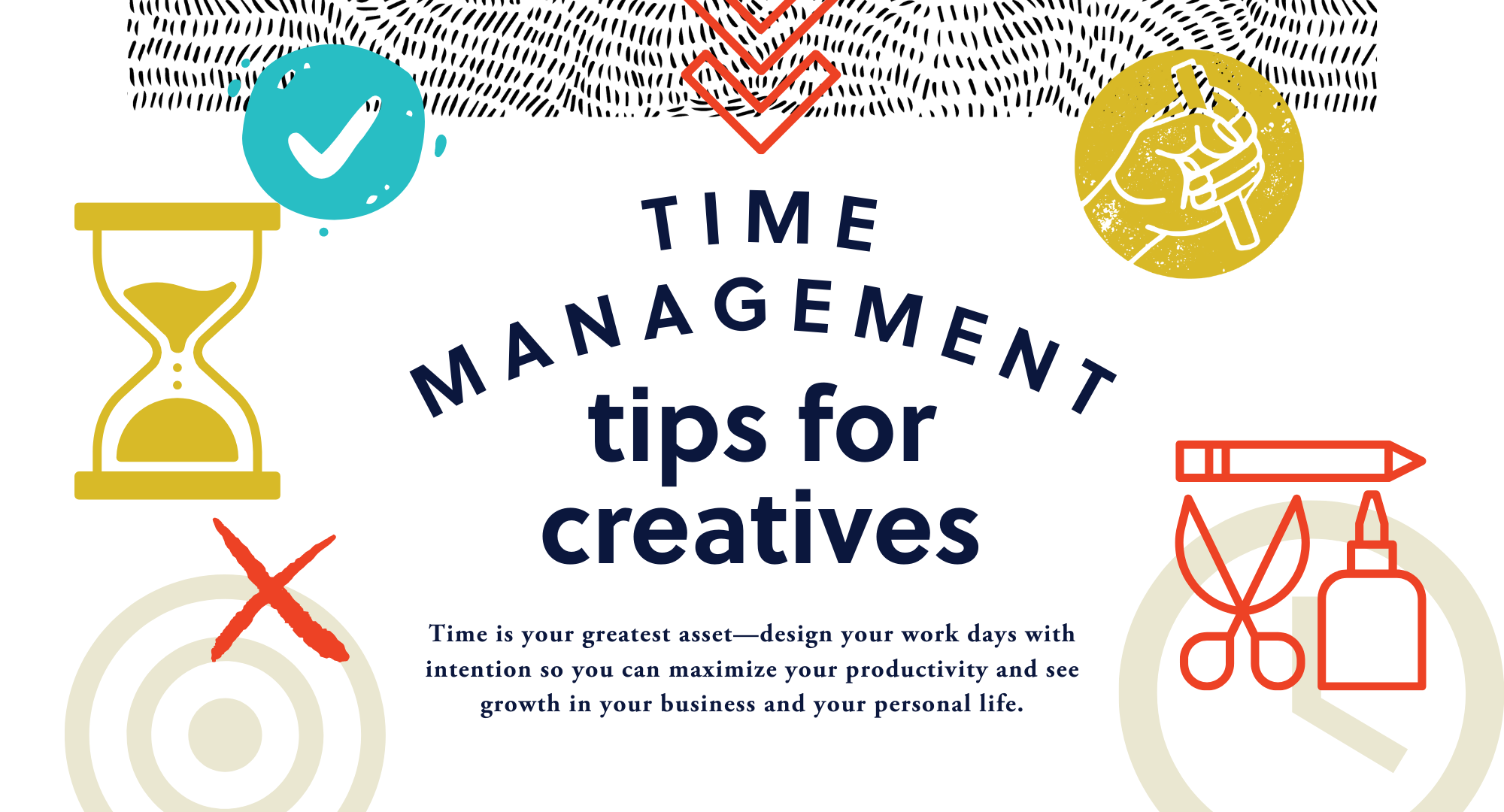As creative professionals, we often find ourselves juggling multiple projects, deadlines, and ideas all at once. Sometimes it feels like our minds are in a constant state of chaos, with ideas swirling around and never enough time to complete them all. It’s a struggle to find the balance between nurturing our creative side and managing our time effectively. But fear not, for I have discovered some strategies that have helped me navigate the treacherous waters of time management as a creative professional.
One of the first things I realized is that time management is not about restricting our creative freedom, but rather about creating a structure that allows us to fully embrace and express our creativity. It’s about finding the right rhythm that helps us become more productive, focused, and ultimately more fulfilled in our work.
The first step in mastering time management as a creative professional is to adopt a proactive mindset. Instead of simply reacting to the endless stream of tasks and deadlines that come our way, we need to take control and actively plan our time. This means setting clear goals and priorities for each day, week, and month.
To do this effectively, it’s essential to have a reliable system for organizing and tracking our tasks. Whether it’s a physical planner, a digital calendar, or a combination of both, find a system that works for you and stick to it. Personally, I’ve found that using a digital to-do list app with reminders and notifications helps me stay on top of my tasks and ensures that nothing slips through the cracks.
Once we have our tasks organized, it’s time to allocate our time wisely. The key here is to be realistic about what can be accomplished within a given timeframe. It’s easy to fall into the trap of overbooking ourselves and setting unrealistic expectations, which only leads to frustration and burnout.
To avoid this, I’ve learned to break down my tasks into smaller, more manageable chunks. I set aside dedicated blocks of time for each task, allowing for breaks and moments of creative exploration. This approach not only helps me stay focused and productive but also allows me to fully immerse myself in each task without feeling rushed.
Of course, no matter how well we plan, unexpected obstacles and distractions will inevitably arise. As creative professionals, we’re no strangers to the sudden surge of inspiration that can pull us away from our planned tasks. While it’s important to nurture our creative impulses, it’s equally important to maintain discipline and stay the course.
One strategy that has worked well for me is to schedule regular “creative breaks” throughout the day. These breaks allow me to explore new ideas, brainstorm, and let my mind wander freely. By giving myself designated time for creative experimentation, I find that I’m less likely to get derailed during my focused work sessions.
Another crucial aspect of effective time management is learning to say “no.” As creative professionals, we often have a tendency to take on too many projects or say yes to every request that comes our way. While it’s great to be enthusiastic and open to new opportunities, it’s also important to recognize our limits and set boundaries.
Saying “no” doesn’t mean we’re being selfish or uncooperative; it simply means we’re being realistic about our time and energy constraints. By learning to prioritize our commitments and focus on the projects that truly align with our values and goals, we can avoid spreading ourselves too thin and ensure that we’re delivering our best work.
Lastly, it’s essential to make time for self-care and rest. As creative professionals, our minds are our most valuable asset, and we need to take care of them just as we would any other tool. This means getting enough sleep, eating well, and incorporating activities that recharge our creative batteries into our daily routine.
For me, this might involve taking long walks in nature, listening to inspiring podcasts, or losing myself in a book. By consciously making time for activities that nourish our souls, we not only enhance our overall well-being but also fuel our creative energy and productivity.
In conclusion, time management is not the enemy of creativity; it’s a tool that can help us achieve our creative goals and thrive in our professional lives. By adopting a proactiv
